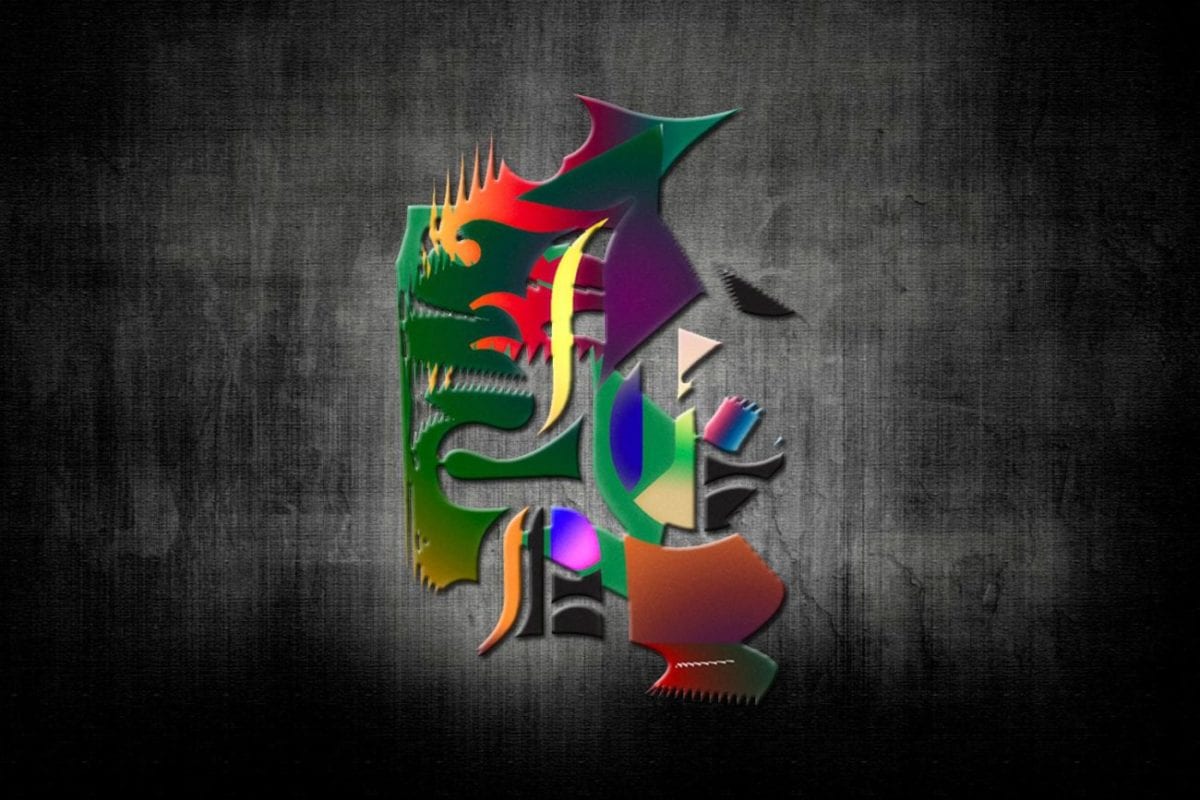
2016 was a busy year for Dimitris Papadatos. A full five albums dropped from his Jay Glass Dubs project, with promises of a similar level of productivity in 2017. He put together a slew of head spinning; genre twisting mixes, alone and in collaboration with Bokeh Versions’ Miles Opland, and played shows across Europe – from his native Greece to France and the UK.
Jay Glass Dubs treats Dub as a philosophy as much as a sound, a concept to shape compositions instead of a set of timbres, BPMs and effects to adhere to. From ‘II’, released on THRHNDRDSVNTNN at the start of the year to ‘New Teeth For an Old Country‘, snatches of horns, guitar stabs or reverb smothered bass appear in the music, but they have been twisted and warped into something unfamiliar. As a recent press release put it: “Jay Glass Dubs comes across like some bedroom-producer Bauhaus sacrificed to the On U Sound mixing desk.”
Inverted Audio caught up with Papadatos in December, a few days before Jay Glass Dubs embarked on a run of shows in the UK, his first time playing in the country.
Interview by Daryl Worthington
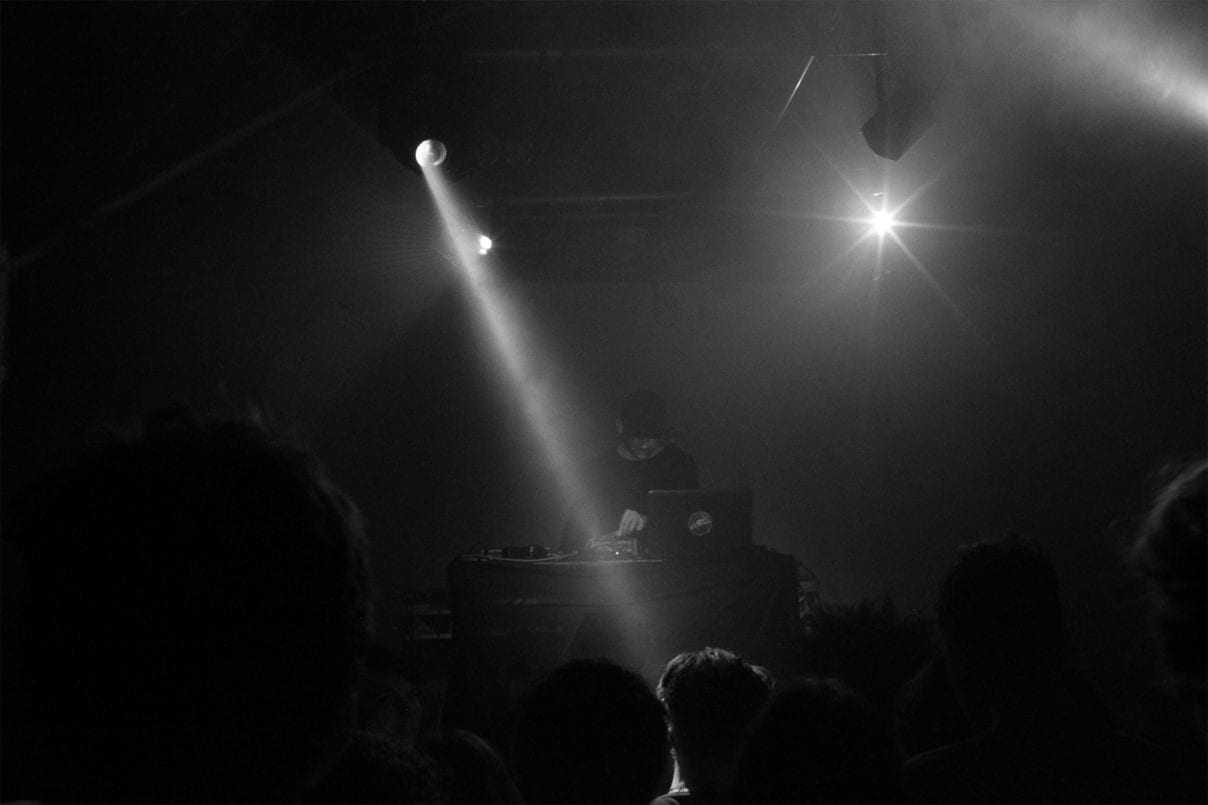
"The way I perform is connected to the musique concrète approach of my composing but it all depends on the audience, my mood and the vibes I get."
Normally when I see the words “counter factual”, the first thing that springs to mind is historians writing books along the lines of “What if we had lost the war?” You regularly describe Jay Glass Dubs as “an exercise of style focusing on a counter factual historical approach of dub music…” What does that mean in relation to your output?
‘Counterfactual’ in this case is basically a term that describes the way I work in my tracks, more than a contextual discourse between myself and the history of the genre. Dub music, of course, started as a mistake, as a technical accident that overcame its own origins by re-associating them successfully in a certain part of history.
I follow similar properties in my work. There is a basic idea around which I will set the tracks up, but it all develops through the use of time signatures as arbitrators. I use the studio with a similar approach to the one I imagine people like Byron Smith, Gussie or Lloyd Barnes would if they had today’s musical technology at hand.
I usually strip down the rhythm section from either someone else’s recordings or mine, then take the slightest segments, transform their presence into time and re-appropriate them into a completely new form through effect manipulation. I work the same with vocals, which I also use as an instrument. It’s very important to me that the result becomes something completely unrecognisable to its original form, at least to my own ears.
I appreciate the weight that an existing recording may carry, and I always try to keep this weight apparent, but I focus on containing it in a completely new vessel. I like to see my process as an exhumation or distillation if you’d like. My modus operandi in composition is closer to musique concrète than to tracking/programming.
I have immense respect for the original material and the original process, but what interests me more is to provide an alternative formation of such a ”traditional” approach as dub mixing, aiming for repetition to become process while rhythmicity becomes hypnotic.
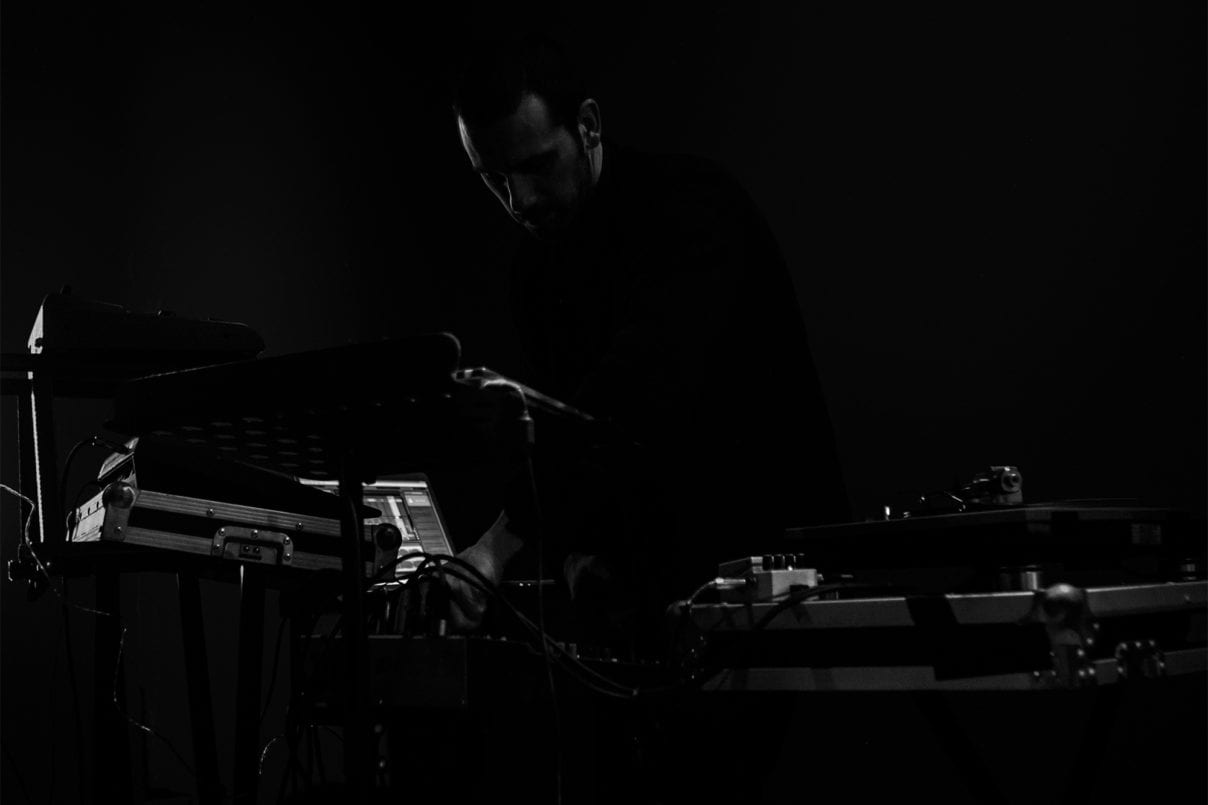
"I never sample more than 3 seconds of pre-recorded music but I extend these 3 seconds to their maximum threshold."
This idea of a musique concrète approach to sound – the exhumation or distillation you mentioned, is definitely one of the most striking things about your music. There’s a real conflict between familiarity and disorientation – snatches of sound that seem lifted from a dancehall record for instance, but have been placed in a completely unusual setting. Can you tell us a little more about the original sources you use – what you mean by “mine or someone else’s recordings”?
There is no rule per se. I am improvising regarding the sound source, especially in cases that I don’t have a specific concept in mind. I could appropriate sounds taken from my field recordings, from YouTube drum tutorials, recorded rehearsals in my studio or the slightest fragments taken from records in my collection and what not.
I never sample more than 3 seconds of pre-recorded music but I extend these 3 seconds to their maximum threshold. I also see this approach as a comment on copyright and the nature of dub music itself. I am revisiting the basic rules of dub using already recorded music but not necessarily roots or reggae music.
In NTFAOC (New Teeth for an Old Country) for example, some drum fragments came out of Greek disco 12”s, Greek punk/new wave songs and traditional popular songs. In this release I also used the voice of a neighbour, a middle aged self-taught traditional singer. He owns a car workshop and I recorded his voice in there. The reverb was so amazing that I didn’t have to do any post production. There really is a vast array of options but I am always trying to surprise myself.
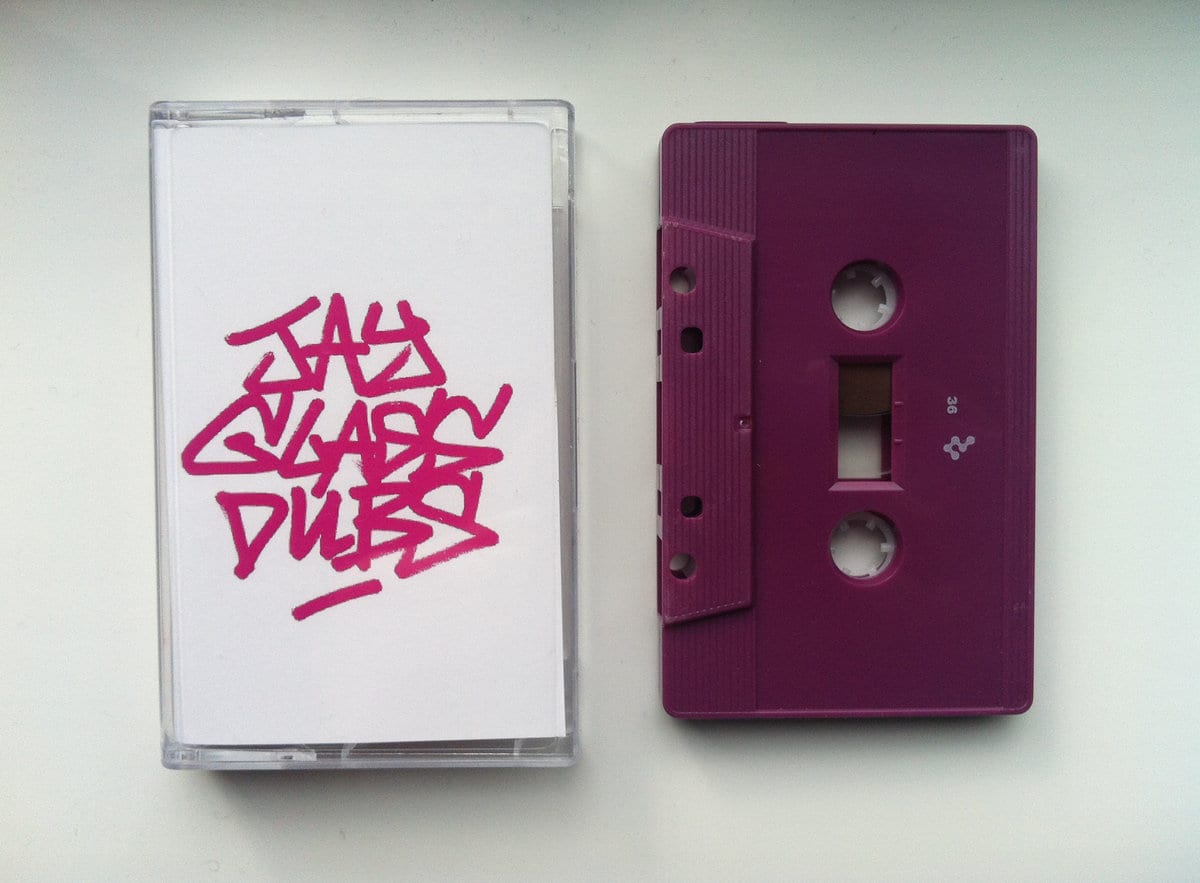
Jay Glass Dubs - III [Seagrave]
You described ‘III‘, which came out on Seagrave a few months back, as the final part of a trilogy of releases, a trilogy that started with your Hyle Tapes release from 2015 and also includes your release on THRHNDRDSVNTNN. What links those three releases together, and, on the same note, what separates your other releases from that trilogy?
These three releases were actually recorded within a very short period of time and in three different cities. There is a similarity between them that is merely apparent to me. I was experimenting a lot in the studio while recording them so a few of them don’t sound to me thoroughly composed.
Most of the tracks were actually mixed and recorded live, that is their main connecting ring. What’s more I was in a transitional process with my life and work, and that, I believe, is reflected in these recordings. Of course I cherish the time I was working on them. It was an adventurous and bold period and I always run back to it for inspiration.
Dislocated Folklore (The Tapeworm, 2017) was actually recorded in that same period but it consists of two side-long tracks that have very specific concepts/references behind them, e.g., I use samples only taken from dancehall intros and one specific radio show.
The same two-side-long-tracks-concept-based approach applies to my forthcoming release on anòmia (out later in 2017) in which I draw references from a very famous hidden track in a very famous rock album. It is recorded solely with one keyboard synthesizer and the slightest overdubs. Both releases consist of almost one-take versions.
I like the use of these restrictions in my work. This process surfaces in all of my projects. It’s a risky balance between the arbitrary and the elaborate. ‘New Teeth For An Old Country’ for Bokeh Versions is different in many senses. The songs were actually orchestrated and composed in longer periods of time. Still there are similarities to my previous work though.
It is of course a conceptual album as well; it has a darker and a lighter side. For this album I worked very thoroughly for the slightest sound, using my modular system much more than before. While recording it I always had a voice behind the music in mind. There are choruses, verses, phrase modulations, bridges and intonations frequenting much more than in any of the trilogy albums. That’s why I say that NTFAOC consists more of songs than of tracks.
The form that this work has taken is a really exciting area for me to explore in the future as it is more connected with my work as KU – my singer-songwriter project – but filtered through a more specific approach as to what a song should sound like.
It makes me extremely happy that the new Jay Glass Dubs I am working on for Bokeh is a collaboration with one of my musical heroes, a vocalist and electronic music pioneer who absolutely set the frames for what a song could sound like, incorporating dub, post punk, tribal music to name just a few, while setting up a fertile example for composers in decades to come.
"The environment in which a piece of work is done definitively leaves its mark on the work itself. I would be ignorant to defy this reasoning."
You mentioned earlier that NTFAOC was made from “Greek disco 12”, Greek punk/new wave songs and traditional popular songs”. Does the record reflect Greece, or the environment around you in Athens in some other way? The title in particular seems pretty, err, loaded…
The environment in which a piece of work is done definitively leaves its mark on the work itself. I would be ignorant to defy this reasoning. I recently had a discussion about this with an old Greek friend who runs a very successful label in London. He was telling me that he believes a big part of my sound is a result of the geographical coordinates that the work is created in.
He stated that there is a certain kind of innocence in it that would be lost if the work was done in London or Berlin for example. I don’t know if I completely agree with this to be honest. The way I see it, it’s all a matter of approach. I can carry this approach everywhere I work and I have been doing so for the last couple of years.
I have witnessed a growing interest in Greece by artists, organisations and institutions from abroad etc. due to the refugee crisis, the cheap rents and the upcoming documenta 14 (not necessarily in that order). I guess there is an exoticism to how Greece is perceived at the moment. The country is in a turmoil of fiscal, social and political decay, but the largest amount of people who visit for large periods of time focus on the tasty seafood and cheap drinks.
Most of the time it is also hard to realise that Greece is a place that for most millenials represents either a misconception of antiquity or the romanticising of civil disobedience. Nothing has really changed over the past decades; the situation remains stagnant and disenchanting. There is a very famous saying: ”Greece eats its own children’‘, that has been circulating since the 60s after larger amounts of locals emigrated in search of jobs, studies, what they’d call ”a better life”.
In a way ‘New Teeth For An Old Country‘ is an encroachment of this saying. It feels like what is happening right now in Greece’s interior is an attempt to get rid of the old by empowering it anew. The title reflects that certain problematic. I think many Greeks of my age and background feel the same but please do not take my word for it.
"It feels like what is happening right now in Greece's interior is an attempt to get rid of the old by empowering it anew... I think many Greeks of my age and background feel the same but please do not take my word for it."
Let’s look at Greece beyond the obvious classical romanticism and classical crises then. What’s the scene like for underground, experimental and electronic music? Any names you want to drop, old or new, or venues or clubs you want to mention?
Of course there are many people who do a lot of interesting stuff. There is the fertile ground for a scene to be created but there is not a foundation or a system to support it. Everything more or less is doomed to stay DIY even though there is a lot of amazing stuff going on that would flourish if there were more opportunities.
Of course, opportunities are created, but they are always a matter of private or smaller group initiatives. There are places like Idryma 2.14, Romantso or Astron that support more leftfield events in Athens. The Onassis Foundation and NEON Foundation have supported events of experimental music over the past years as well. There is Fasma Festival and Plissken Festival, and many more that I forget or are now shut down.
I can definitely tell you what drew my attention in 2016 coming from this side of the Mediterranean. I have been enjoying the work of Hypermedium, a new label based in Athens with very exquisite taste, the insane live sets of Turbo Teeth, the recent ice_eyes , Sissi Rada and Ruined Families albums, Khmer’s DJ sets, Teranga Beat’s newest release, Athenian youngster Flokosh’s beats, the insanely prolific circle of friends around Baby Guru and Chickn, and Right Knider’s perfect portrayal of Athenian dystopia, to name just a few.
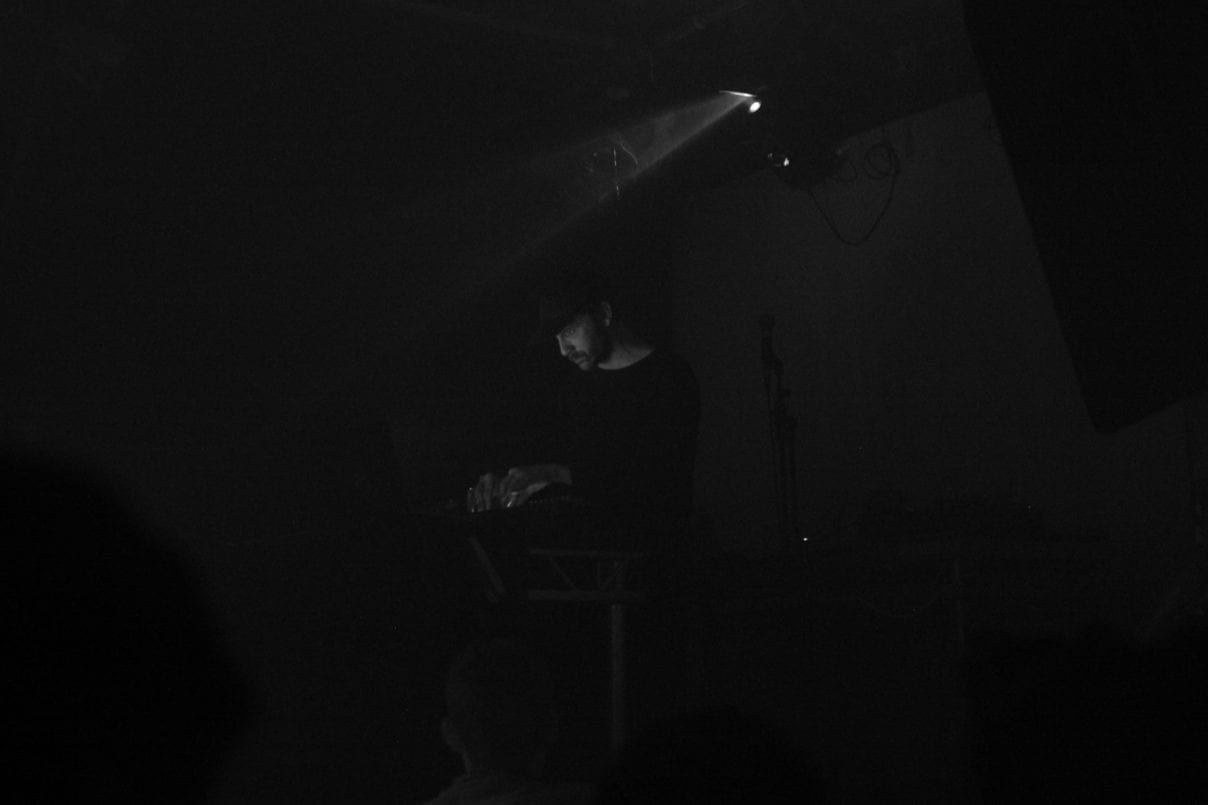
"In general the JGD live set-up is deep, heavy and hypnotic. I mostly revisit my tracks by re-dubbing them in real time but this is not a necessity."
You’ve toured pretty extensively recently, including your first trip to the UK. What is your approach to live performance as Jay Glass Dubs?
In general the JGD live set-up is deep, heavy and hypnotic. I mostly revisit my tracks by re-dubbing them in real time but this is not a necessity. The way I perform is connected to the musique concrète approach of my composing but it all depends on the audience, my mood and ”the vibes I get”.
I have equally enjoyed doing a completely arrhythmical/ambient set as I have had the best of times when playing full versions of my tracks. There are more elements added in the live interpretation of my music, that’s for sure. I carry with me a portable modular synth and a bunch of pocket synthesizers that add a lot to the orchestration. There are also some portable effects that make controlling any given situation easier.
I have to admit that I really enjoy throwing in some acapellas once in a while, it adds to the surprise and some times it creates a tongue-in-cheek vibe that I find very refreshing. I guess to sum up all sets are one-off occasions with the track list and moods changing according to my impromptu speculations. I think it works better this way.
Do you think this sense of live spontaneity and improvisation is important for electronic music? It seems to be something more and more artists are trying to put in to their sets, to break this stereotype of the electronic musician just pressing play on Ableton and then checking their Facebook.
The stereotype of space-bar musicians is neither fair nor accurate anymore. In my defence, I shuffle and dance quite a lot when I play. Jokes apart though, I think spontaneity and improvisation is important for every kind of music, really. There are always imponderables in a live performance that can only be adjusted if the performer is ready to indulge into the momentum with open ears and a focused mind.
The way I see it, a live performance needs equal amounts of discipline and imagination. Also, there must always be vital space for mistakes, for decisions and surprises, both on the artist and the audience ends. It is not very easy to achieve that, in settings such as a big club night for example, where time is compressed and expectations are high, but when this inter-coaxial process reaches a good result, there is no greater satisfaction.
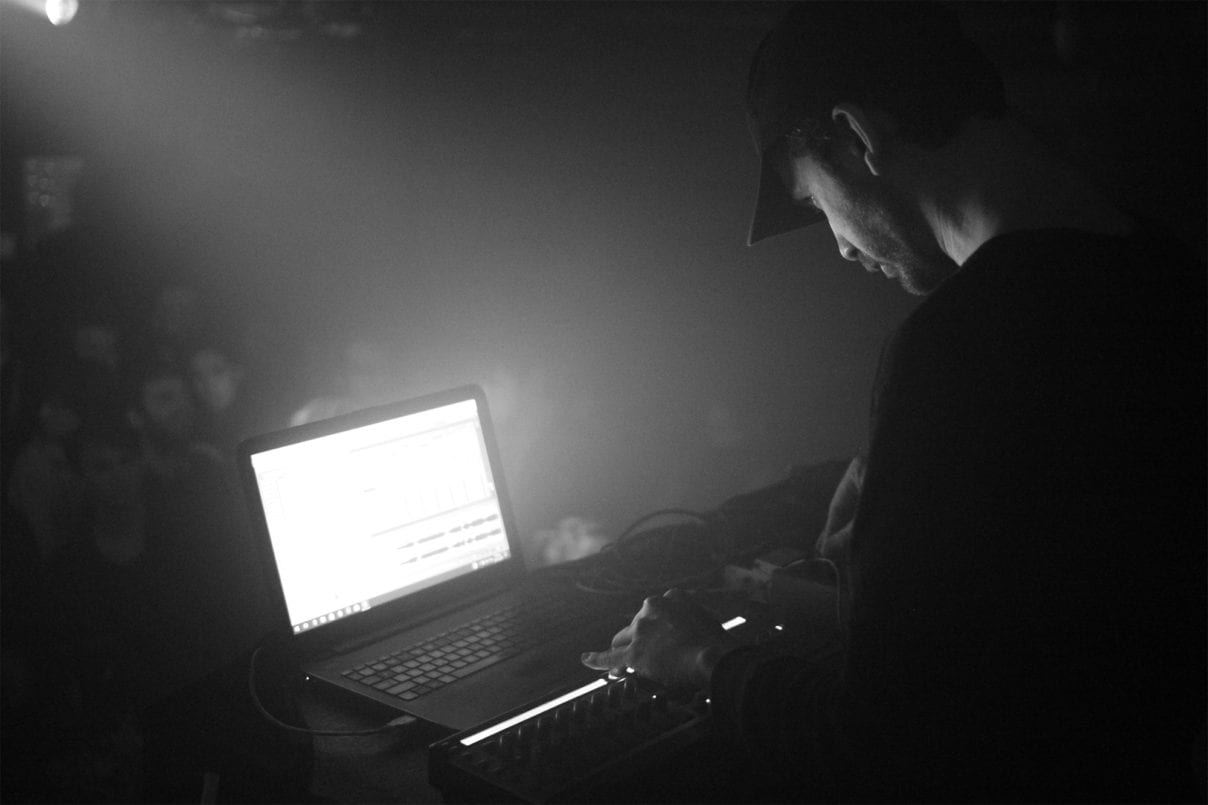
"The way I see it, a live performance needs equal amounts of discipline and imagination."
You’ve mentioned responding to an audience, and an audience’s response to you. What about the room itself? Does your sound and approach change depending on the space where you’re playing (club vs. art gallery for instance)?
The sound of course transforms according to the space, the diffusion and the technical specifications of each venue. I am trying to keep my set up technically versatile and adjustable to any circumstance. I have to admit that I prefer playing on a huge sound system and pushing my sound to its limits, the bass filling the space and the snares cutting the air et al, but any case can be equally challenging.
Aesthetically speaking, I am not the type of performer that will play an ambient set just because the venue is a theatre, for example. I’d rather do a spaced out set that will surprise one that is inclined to be so, than adjust to a pre-configured layout.
I have played on such different PA systems throughout the last couple of years that JGD has been active that I feel I am in the position to say that the amount of concentration needed to perform in a festival with a fully equipped Sound System or a small gig space with sitting audience is not lesser to the one applied when the setting is a museum bar with middle aged ladies sipping on champagne or a night club with drunk hipsters who want ”something more uplifting”.
One needs to earn the audience’s respect and sometimes even one person being annoying or concentrated is enough to either ruin or make a night’s work worth it, respectively. I have learned to cope with different occasions that my music is presented in, or rather, as my girlfriend says, and I trust her, I am still learning to do so.
You mentioned that you have another release coming this year on Bokeh, which will be your third for the label. The connection between you and Miles Opland seems to be more than the standard artist/label boss relationship though, with you doing mixes and radio shows together. Want to tell us a bit more about how you got in touch, and the way you work together?
I actually have two more releases coming up for Bokeh and I wouldn’t say no to more. We are really close as friends now. You are very right to notice that our relationship goes further than the typical artist/label boss one. This happens mainly because neither of us is a typical paradigm of these two categories.
He approached me right after the first JGD release and we started discussing a full release. We wanted to do non-conventional stuff and somehow the Glacial Dancehall idea was dropped on the table, (not sure by who, I have to go back about 25.000 chat lines in Messenger to find out).
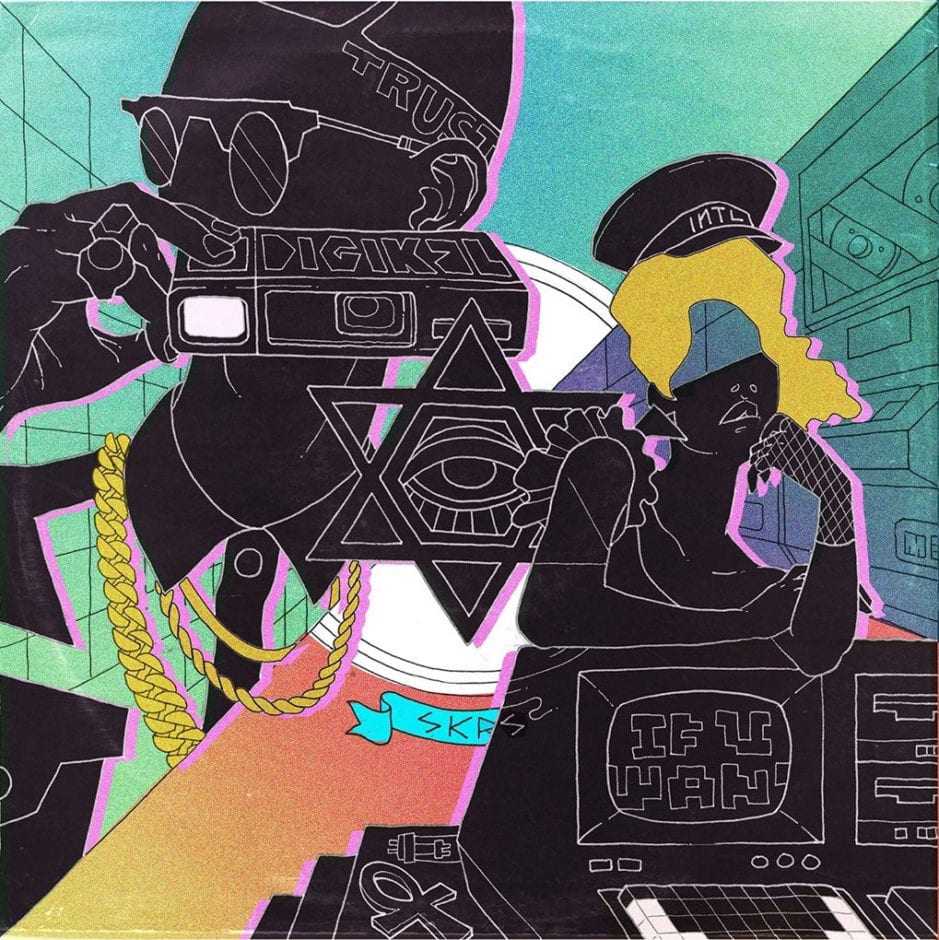
"I think both myself and Seekersinternational feel like vital parts of the label more than just artists in its roster and this is something that Miles has achieved by being bright, open mind with great ideas, but most importantly a real friend."
I really loved the SKRS 7” and it instantly felt like this would be the right label for JGD. Truth is we get on each other’s business a lot; we have this constant feedback system that works both ways. We take good care of each other and we grow through each other’s work.
The label gives me full artistic freedom and I know Miles has my back 100% if he likes what I suggest, plus I trust him with everything, from bookings to press as I know he wants the best for my work for Bokeh.
Our common mixes and shows are very easy to work at, as we share the same approach in understanding the broad spectrum that dub music covers and like me he also likes the odd Todd Rundgren wedge now and then.
I think both myself and Seekersinternational (the label’s other staple act) feel like vital parts of the label more than just artists in its roster and this is something that Miles has achieved by being bright, open mind with great ideas, but most importantly a real friend.
That’s really nice to hear, and shows a community aspect that often gets overlooked in electronic music. Not wanting to turn this into an interview about Bokeh Versions, but what do you think connects Jay Glass Dubs with Seekersinternational and the other artists on the label?
I could only guess that it would be a somewhat diverse take on the dub genre (for lack of a better term) that branches further than the narrow path of its incarnations within the decades, be that dub techno, or ambient dub or what have you. This diversion in my opinion is empowered by the roster’s mixture of ethnicity as well as our cultural and musical backgrounds.
The way I see it, Bokeh Versions has created an assorted system of musicians and collaborators from all over the world, that collectively understand that there is more to find when one is exploring the blurry areas than searching in plain view.
Jay Glass Dubs has a new cassette “Dislocated Folklore” out now on The Tapeworm imprint, order a copy from Juno.
Discover more about Jay Glass Dubs on Inverted Audio.
Jay Glass DubsBokeh VersionsSeagraveThe TapewormTHRHNDRDSVNTNNDubElectronicExperimental